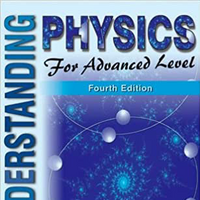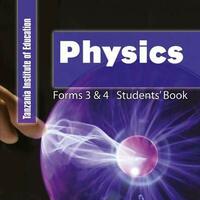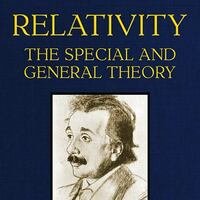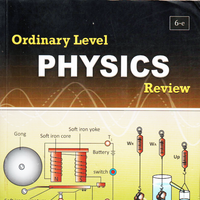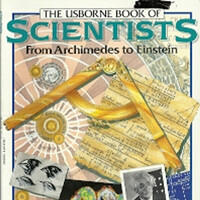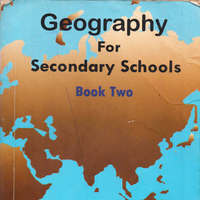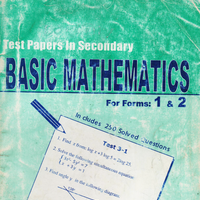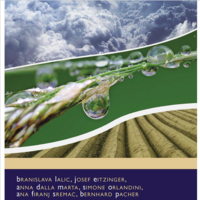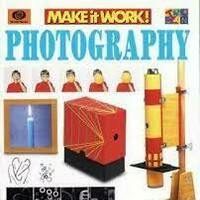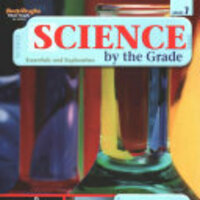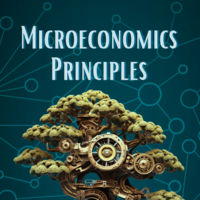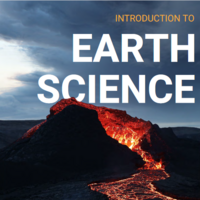Search
Books+
Searching 1,730 books
Search related to the career Physicist
The subfields in physics include:
Classical Mechanics: Study of motion and forces in macroscopic systems.
Quantum Mechanics: Study of the behavior of particles at the atomic and subatomic levels.
Thermodynamics: Study of heat, energy, and their relation to work.
Electromagnetism: Study of the electromagnetic force and its effects on charged particles.
Optics: Study of light and its properties, including reflection, refraction, and diffraction.
Astrophysics: Study of the physical properties of celestial objects and phenomena.
Particle Physics: Study of the fundamental particles and their interactions.
Nuclear Physics: Study of atomic nuclei, nuclear reactions, and radioactivity.
Condensed Matter Physics: Study of the physical properties of solid and liquid materials.
Biophysics: Study of the application of physics principles to biological systems.
Geophysics: Study of the physical properties and processes of the Earth.
Cosmology: Study of the origin, evolution, and structure of the universe.
Fluid Mechanics: Study of the behavior of fluids, including liquids and gases.
Acoustics: Study of sound and its properties.
Plasma Physics: Study of ionized gases and their interactions with electromagnetic fields.
Atomic and Molecular Physics: Study of the structure and behavior of atoms and molecules.
High Energy Physics: Study of particles and interactions at high energies.
Mathematical Physics: Study of the mathematical methods used in physics.
Computational Physics: Study of the use of computers to solve physics problems.
Quantum Field Theory: Study of the application of quantum mechanics to fields and particles.
Statistical Mechanics: Study of the behavior of large systems using statistical methods.
Relativity: Study of the theory of special and general relativity.
Gravitational Physics: Study of the gravitational force and its effects on objects.
Atomic, Molecular, and Optical Physics: Study of the interaction of light with atoms and molecules.
Experimental Physics: Study of physical phenomena through experimental methods.
Theoretical Physics: Study of physical phenomena through mathematical models and theories.
Source: Various AI tools
Computer science
Secondary
Books tagged secondary
Engineering
Books tagged engineering
Biology
Books tagged biology
Stem
Science
Books tagged science
Geography
Classics department
Professors
Georgics
Psychology
Books tagged psychology
Science fiction
Africana studies
Books tagged Africana Studies
Vocational skills
Searched in English.
